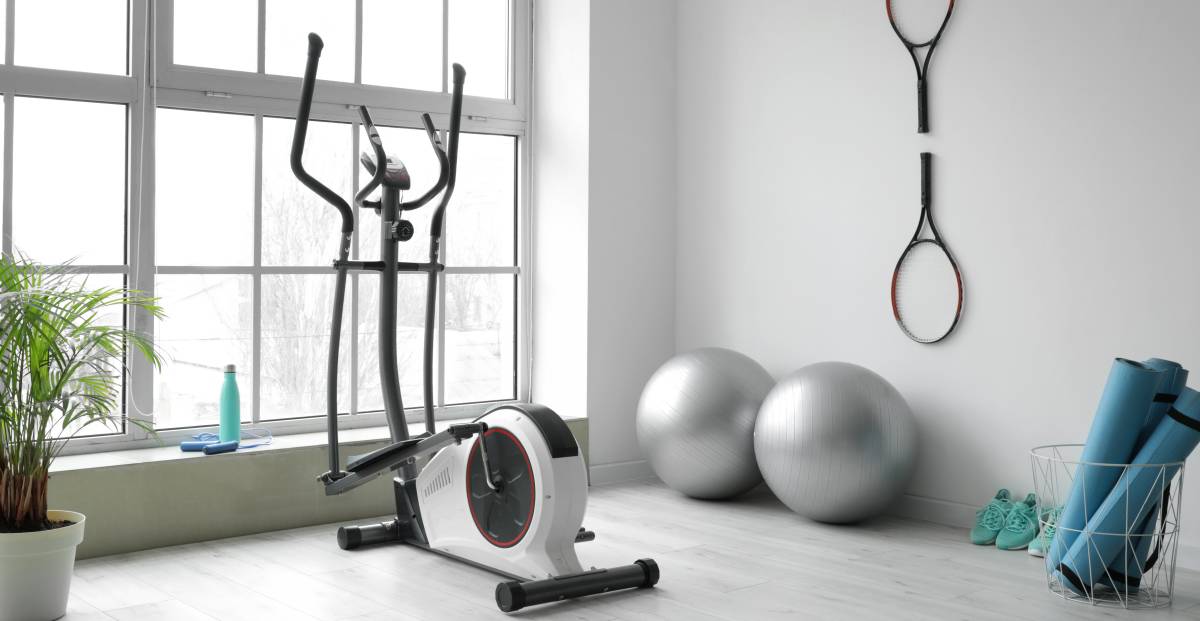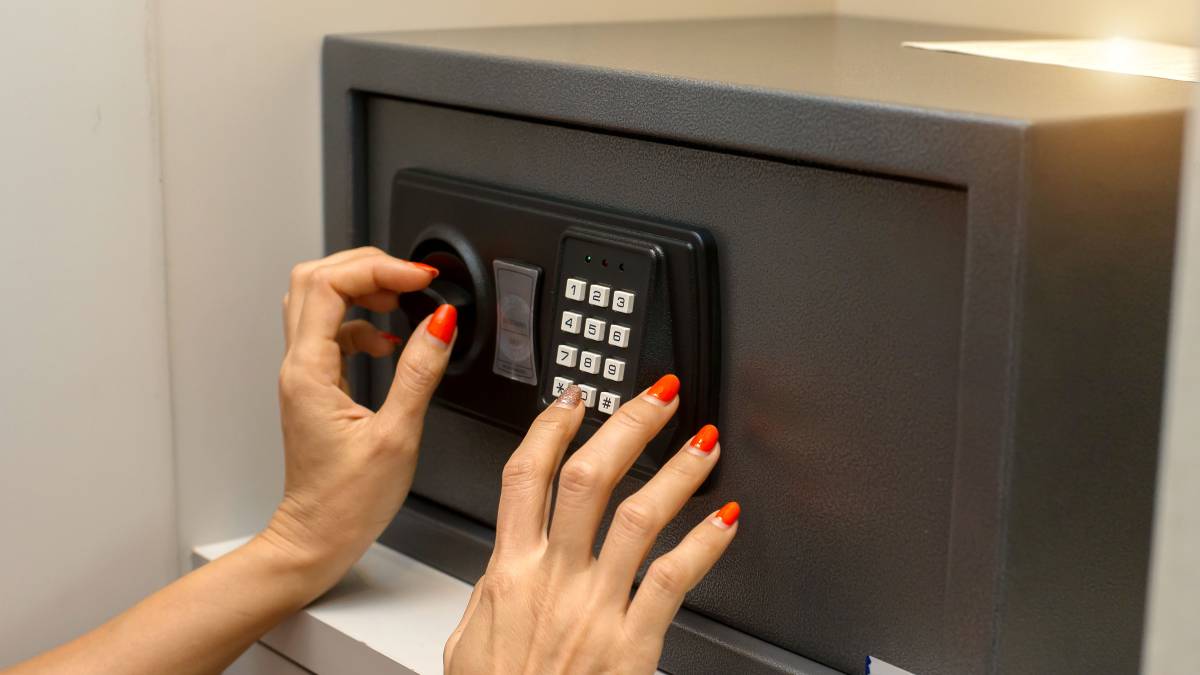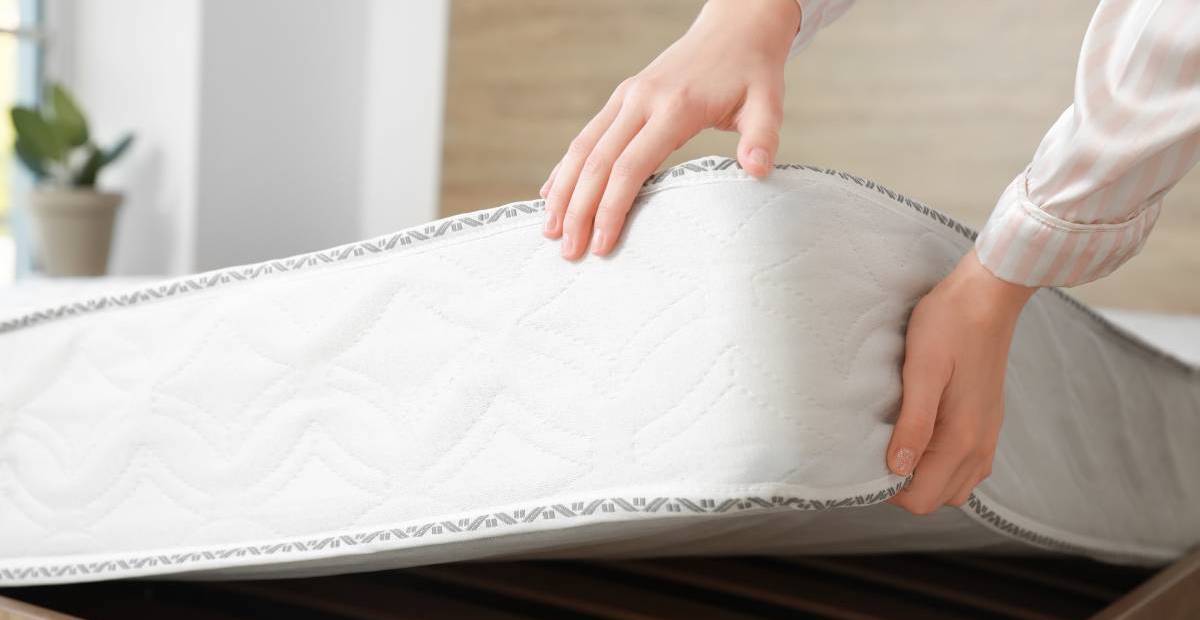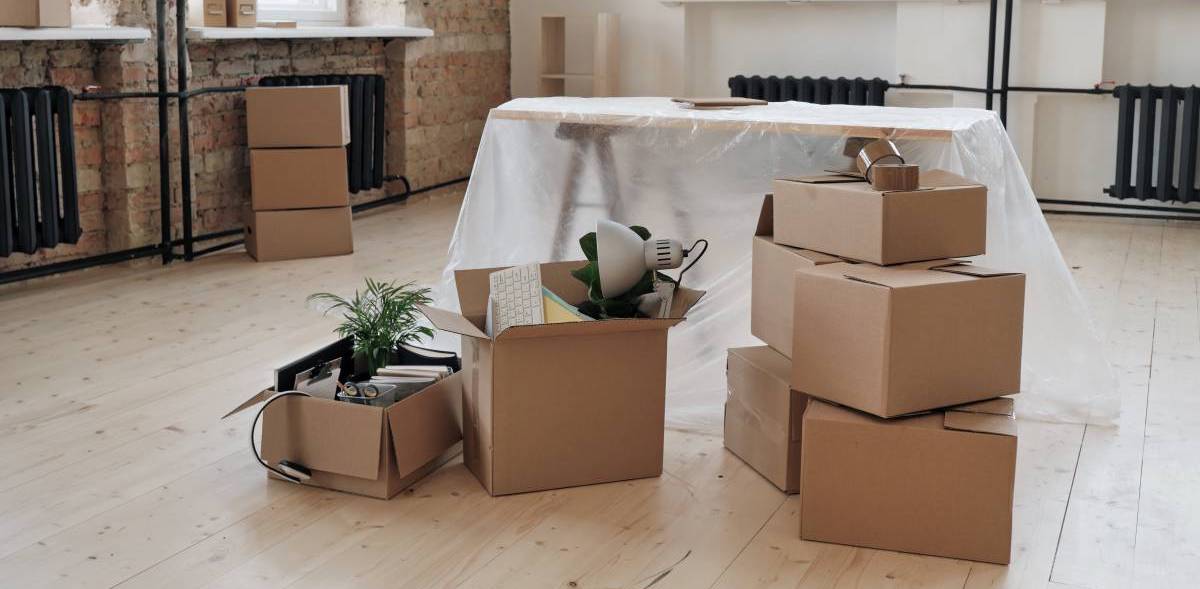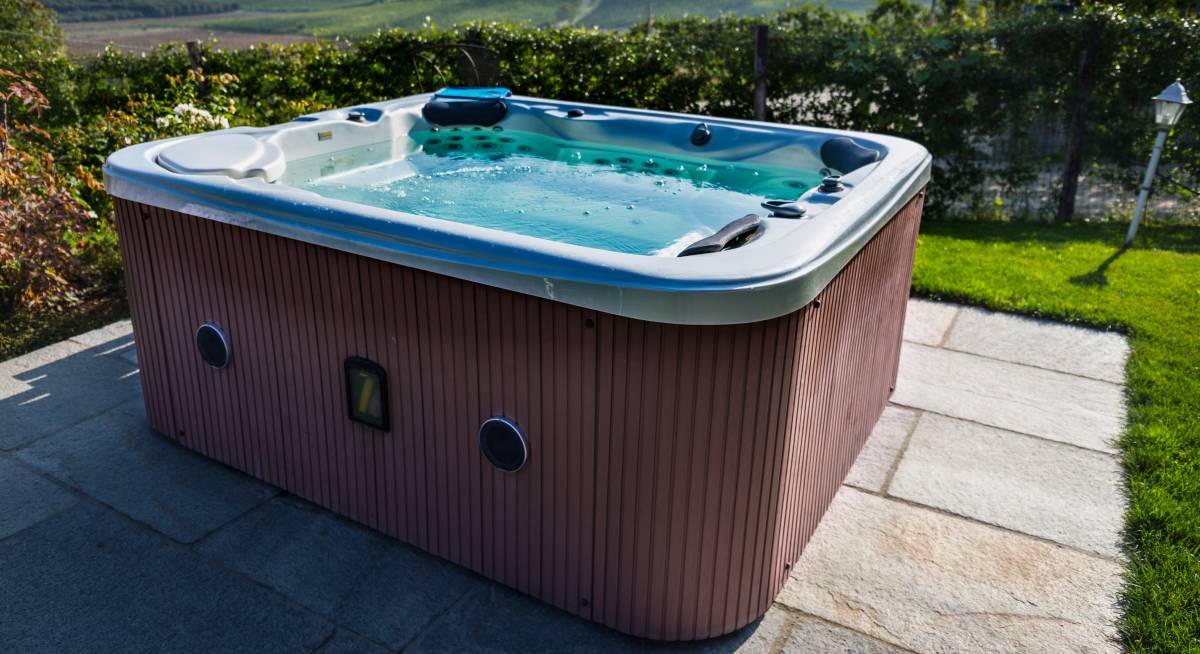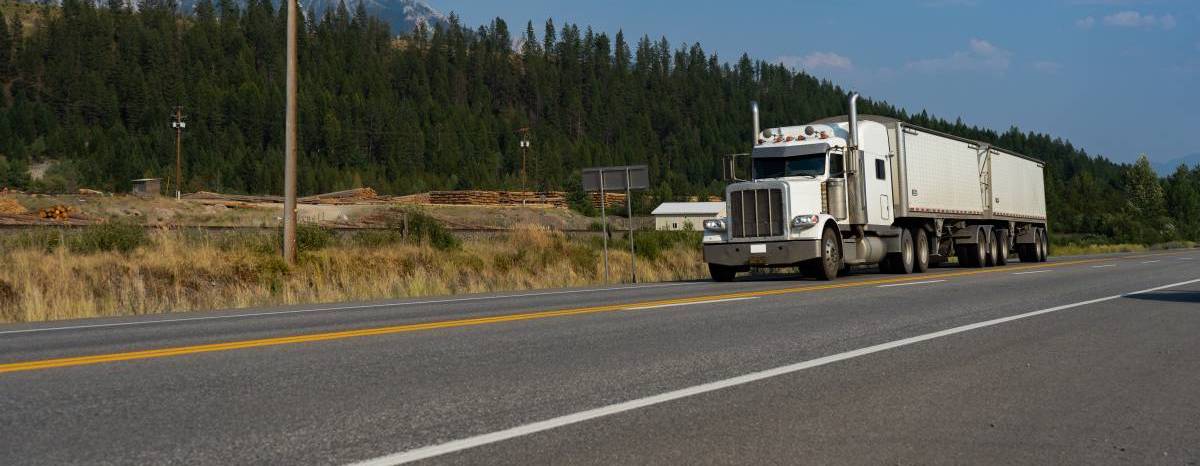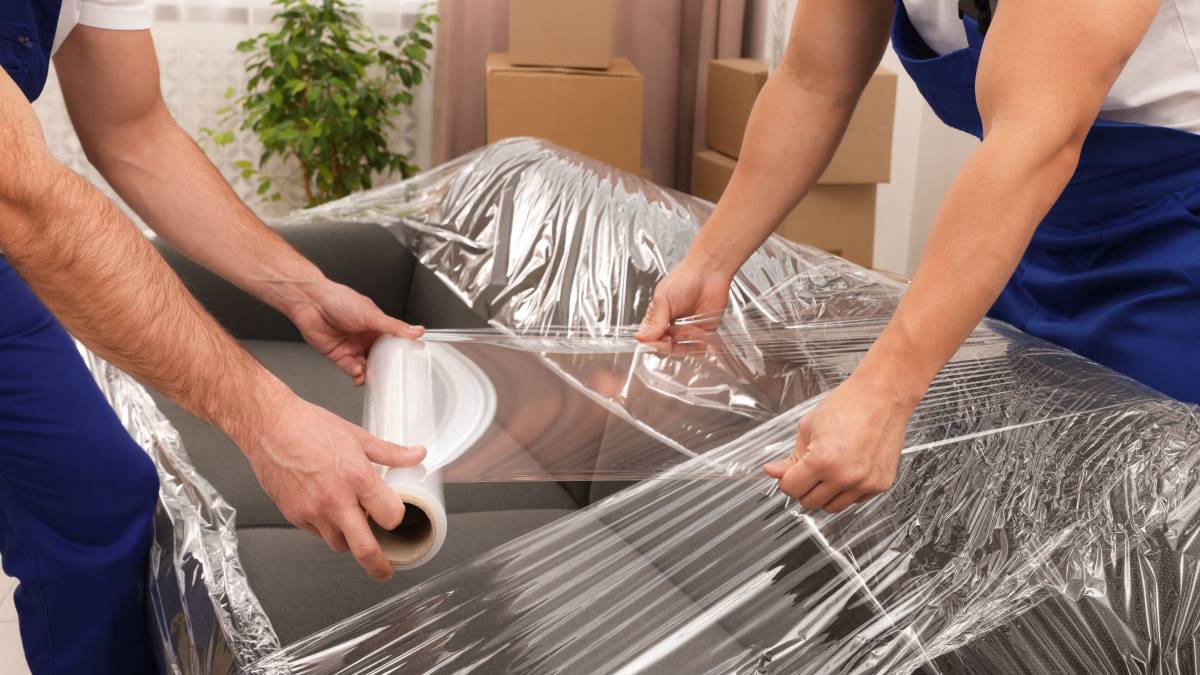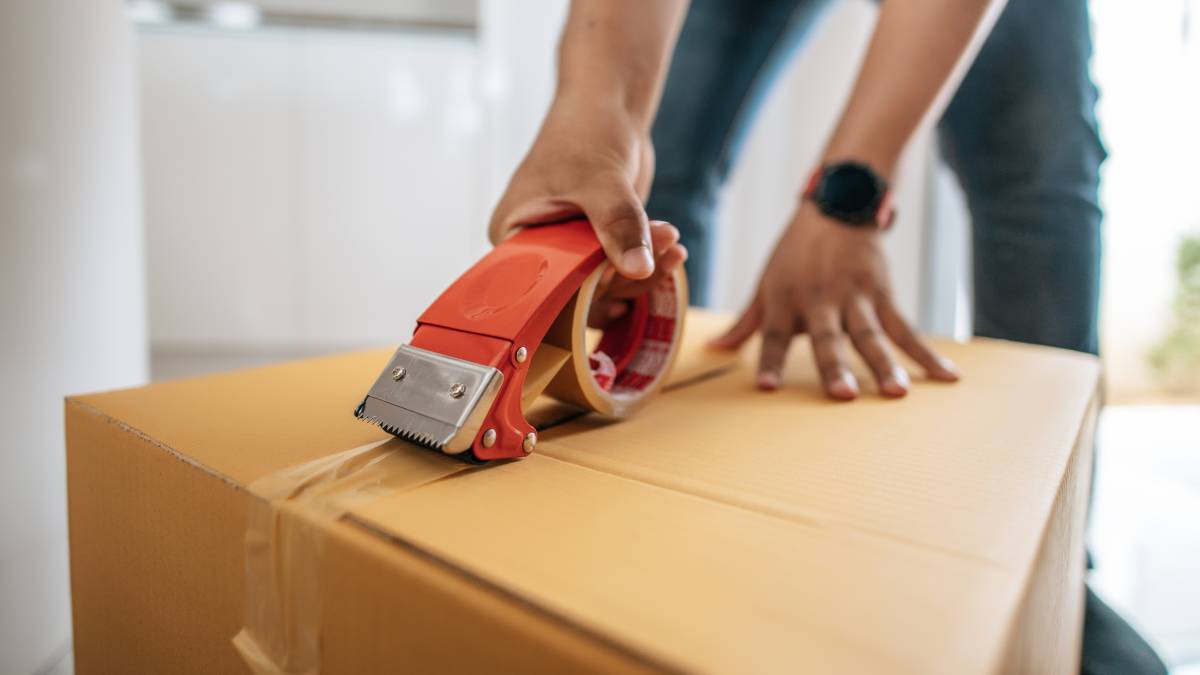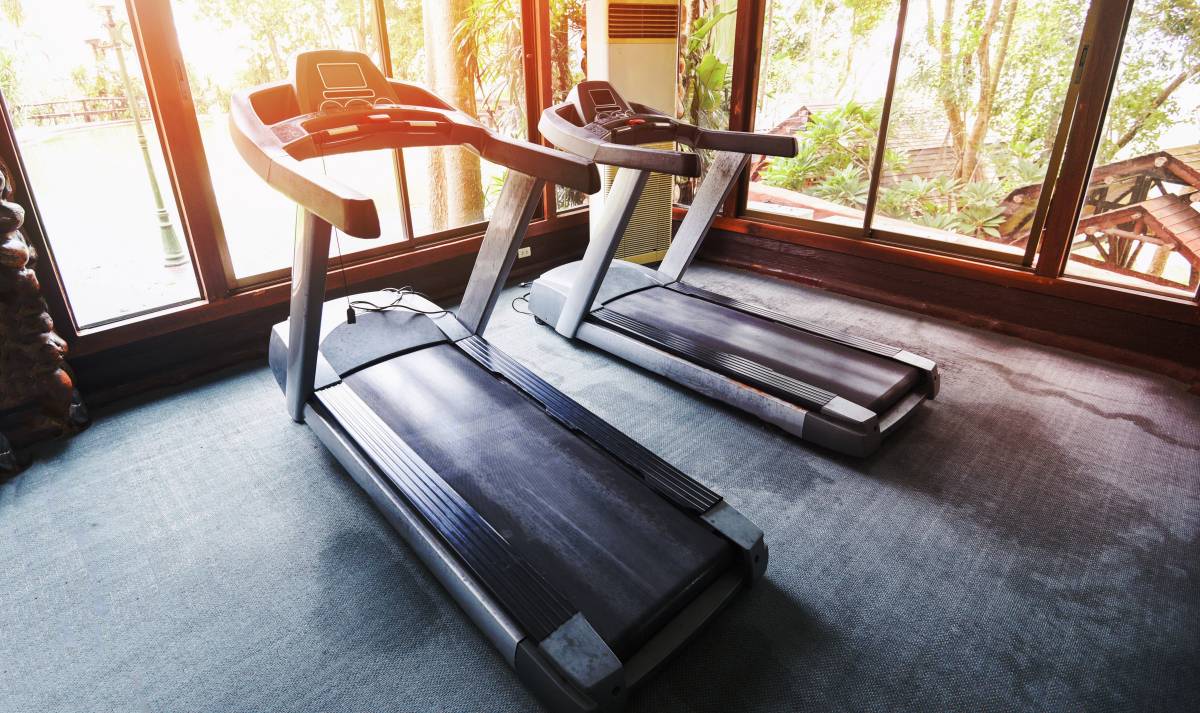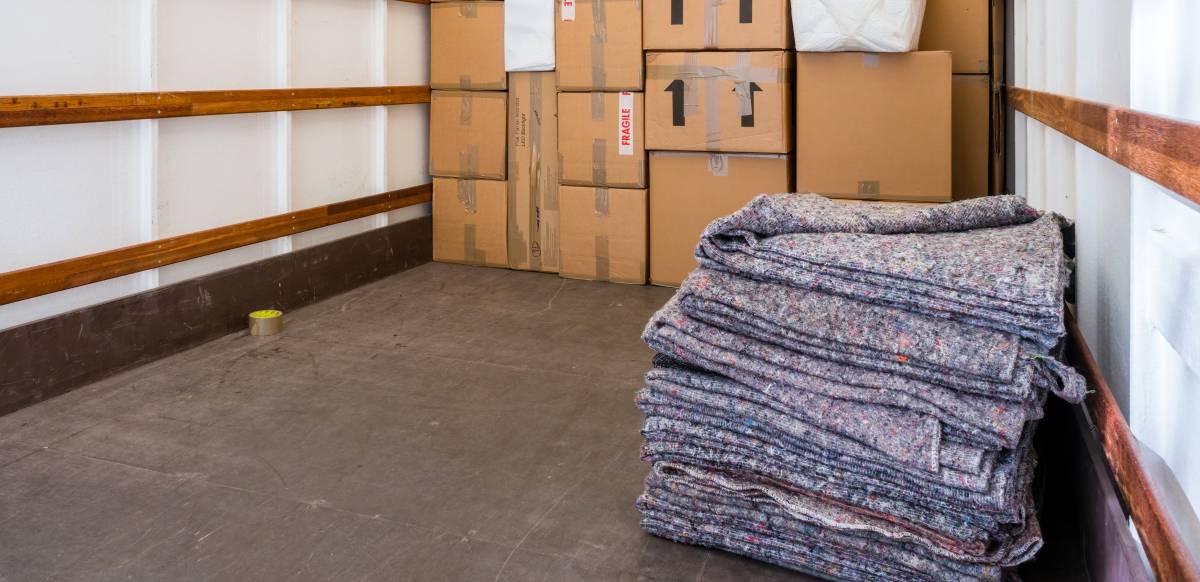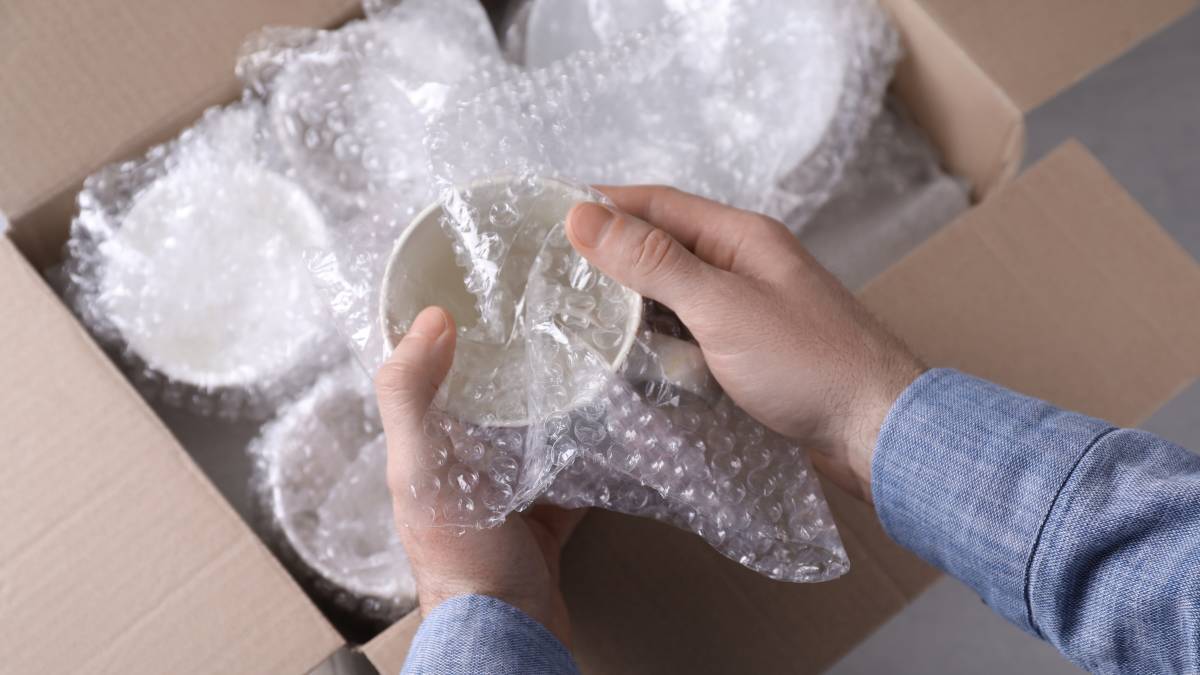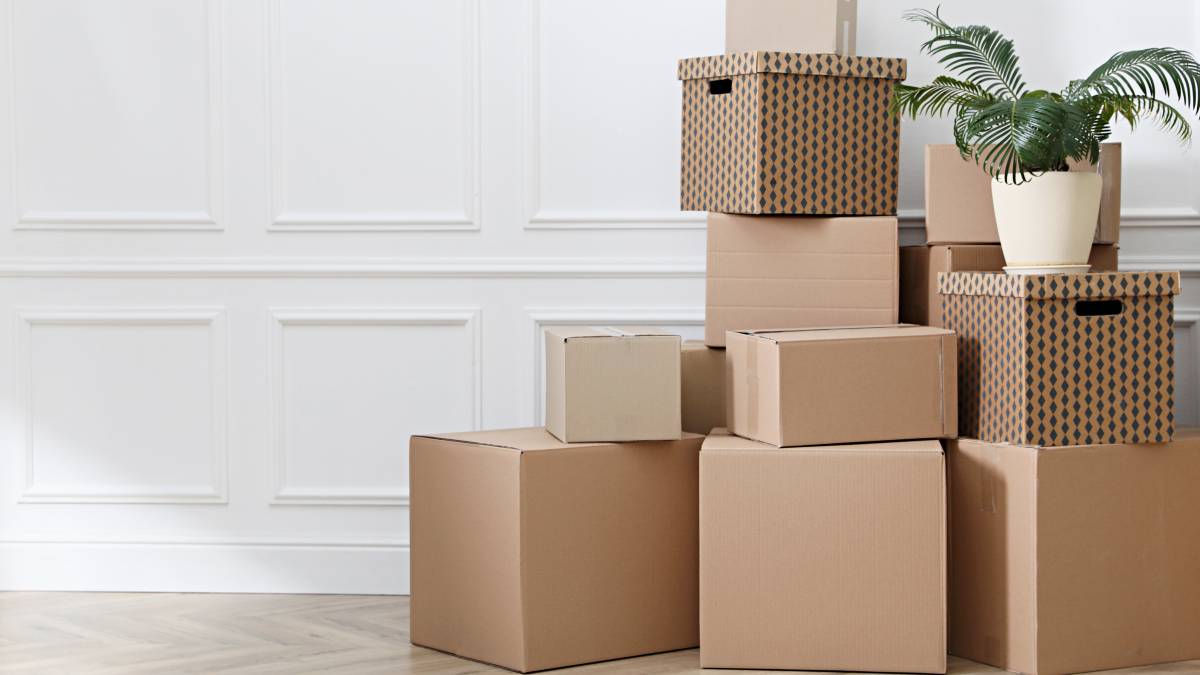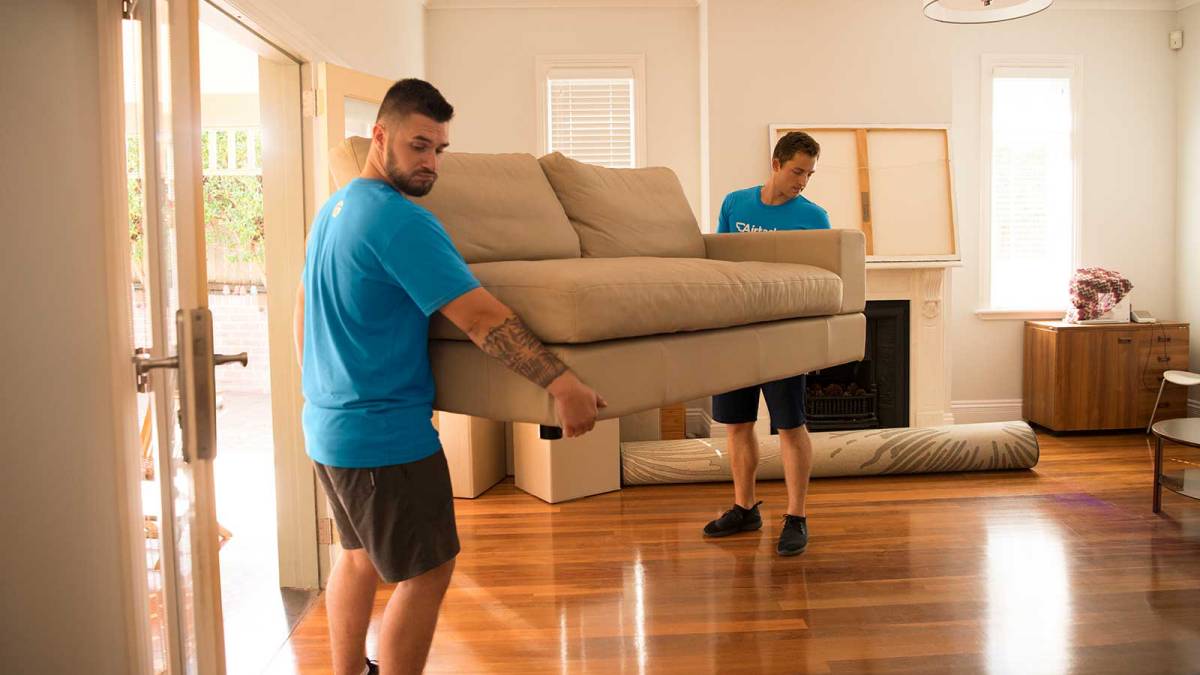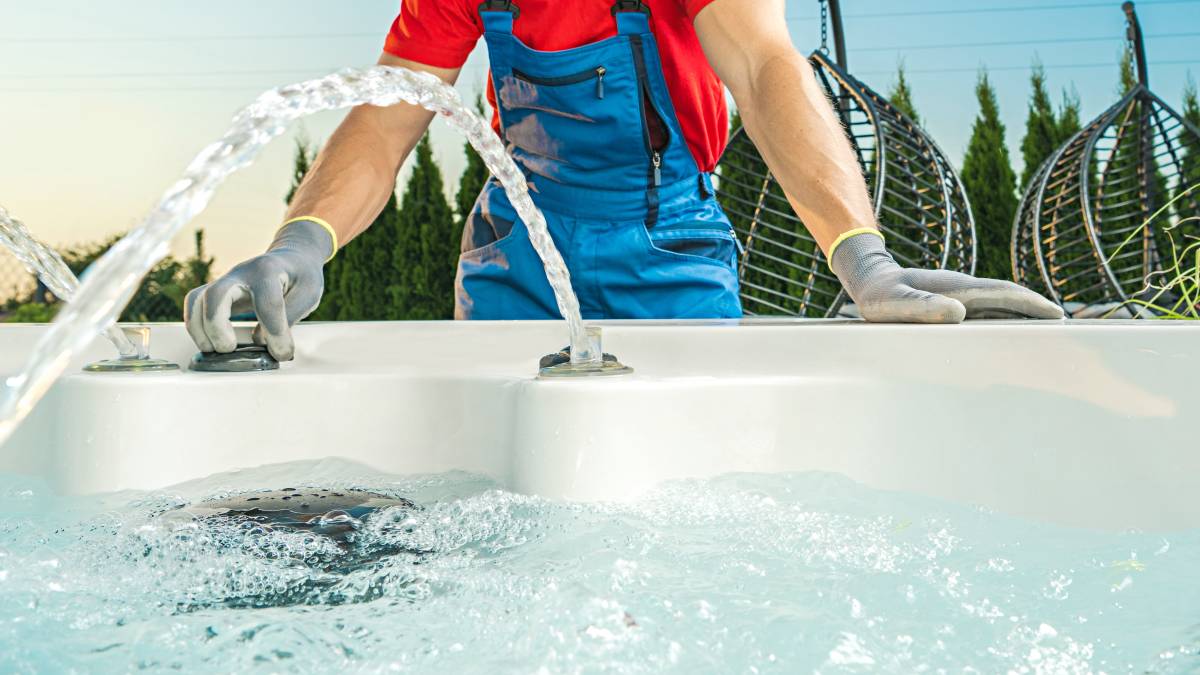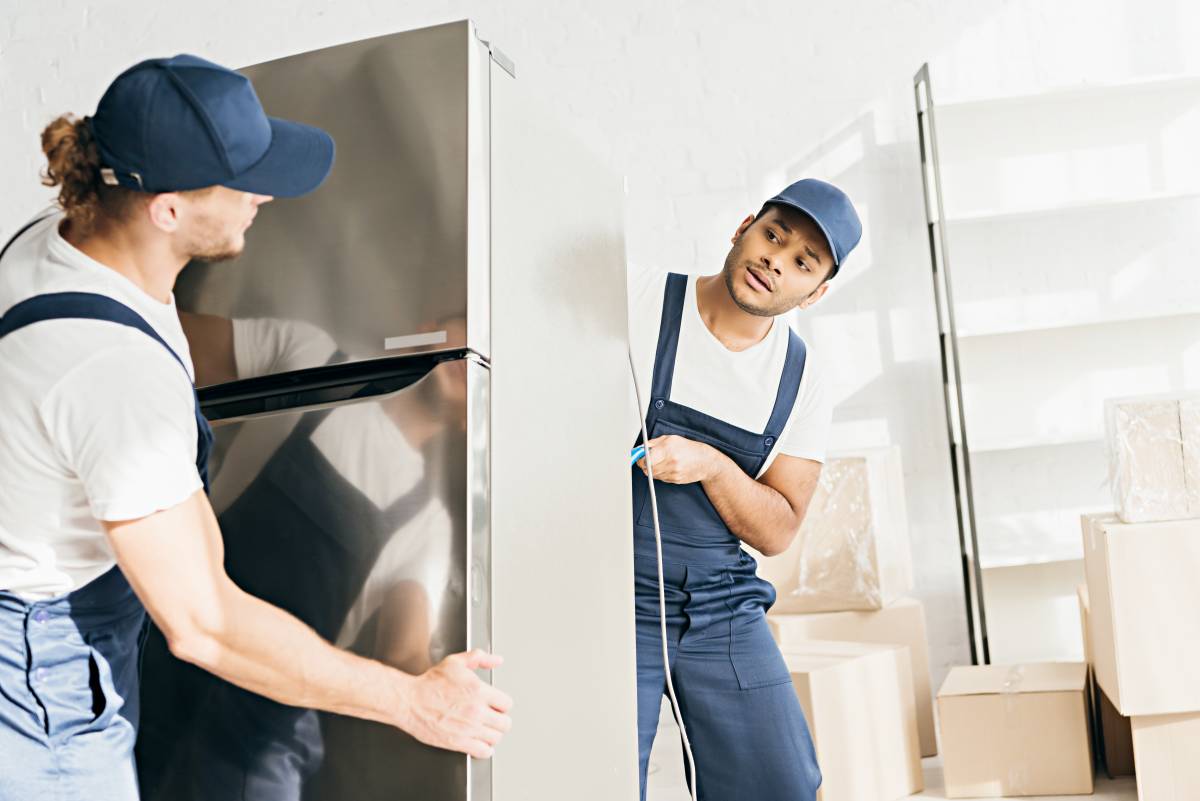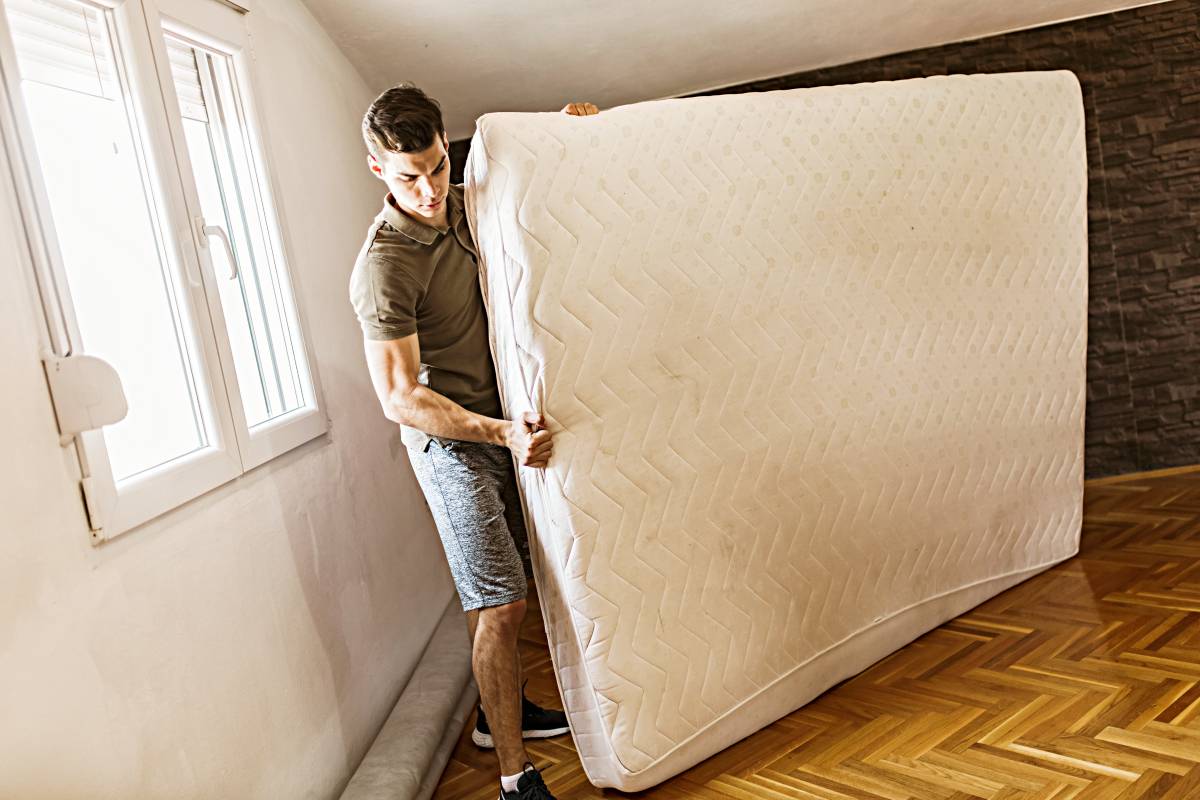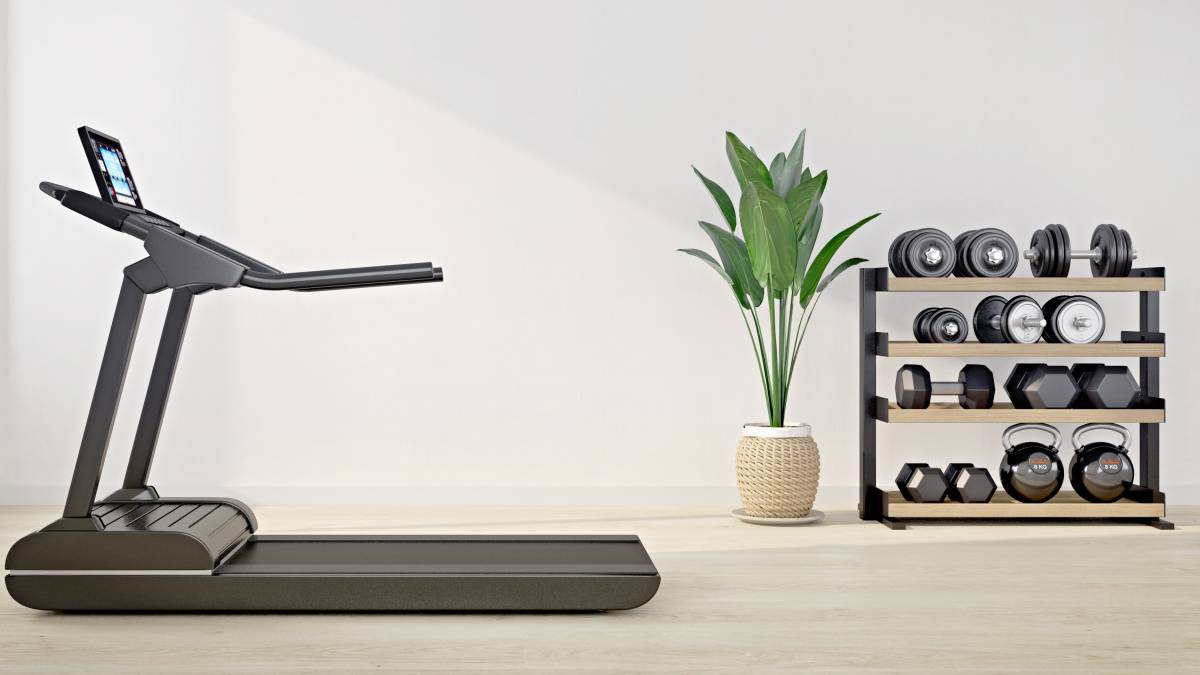- Home/
- Guides/
- Appliance Removal/
- How to Move a Freezer
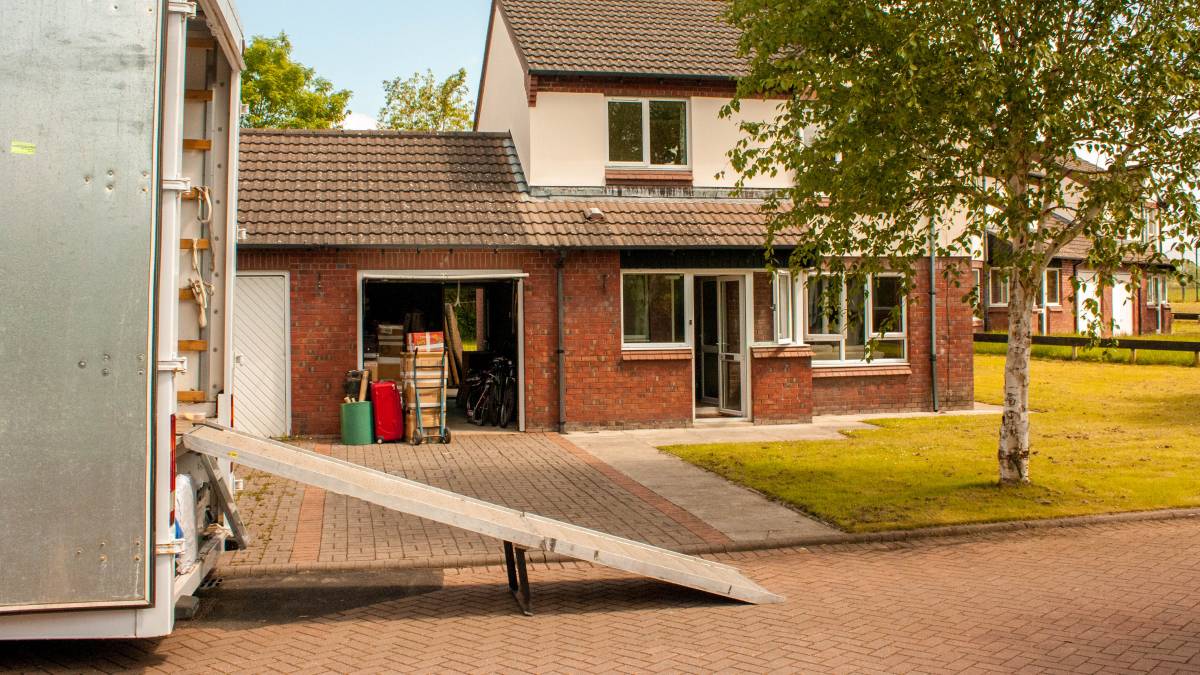
Avoid back pain: Here’s how to move a freezer
Moving a chest freezer can be a real pain in the back, but it doesn't have to be! Learn how to move your chest freezer like a pro!
Get moving assistancePublished on
Moving a freezer is no easy feat and can often leave you with a sore back. These bulky and heavy appliances require proper planning and technique to move safely without risking injury.
But don’t worry, we’ve got your back! Whether you’re moving a freezer from one room to another or across the country, our comprehensive guide will take you through the steps on how to move a freezer, with helpful tips and tricks to ensure a smooth transition into your new home.
What you’ll need
Moving blankets
Appliance sliders
Packing tape
Moving straps
Moving dolly or appliance dolly
☞ Read also: Moving guide and checklist: How to make your move stress-free
Before you start
Make sure to prepare properly by completing the following steps no later than a day before transporting a freezer:
Enlist help. Don’t attempt to move a freezer alone. Having friends to help is important, as moving it by yourself can result in injury or damage to your home and the appliance. If no one’s available, feel free to hire appliance removalists.
Read the owner’s manual. The manufacturer may have specific instructions for moving the equipment.
Measure your freezer. Check if the pathway is spacious enough. Make sure that doors and halls are wide enough to fit the appliance.
Empty your freezer. Generally, it’s not advisable to learn how to move a freezer full of food for a few reasons. First, leaving food items inside will increase the freezer’s weight, making it harder to move. Second, any deep-frozen food items will begin to defrost as soon as the freezer is disconnected from power. This is especially problematic for long-distance moves, as the food will likely spoil and go bad. Removing all food items to make the freezer lighter and prevent spoilage is best.
Disconnect the ice maker. Refer to the manual to disconnect the ice-making device from the water supply. If unsure, call a professional removalist.
Defrost your freezer. Unplug the freezer, leave the door open for several hours, or use the defrost function if available. Allow enough time for defrosting, which can take at least 24 hours, depending on the room temperature and amount of ice buildup inside. Collect any non-drained water in containers and drain it in the sink to reduce the weight of the freezer.
Deep-clean your freezer. Use a soft non-abrasive sponge to clean the appliance. Remove shelves and drawers and wash them with soapy water. If there are any stubborn stains, use a wet sponge with baking soda to act as a gentle abrasive.
Dry your freezer up. This is to prevent mould and mildew during transport. Use a soft dry cloth to dry the interior and leave the door slightly open for air circulation until packing for the move. If any unpleasant odours persist, place a saucer with baking soda inside the freezer to neutralize them.
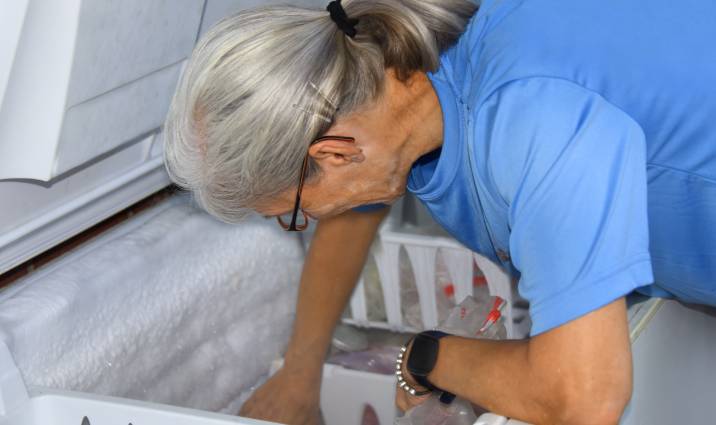
A guide on how to move a freezer like a pro
Now that you and your freezer are ready for moving day, here’s a step-by-step guide process on how to move chest freezers properly and safely:
Step 1: Protect it with moving blankets
Move the freezer away from the wall and put a furniture or appliance slider under each leg. Tape the power cord to the back and cover the door edges with masking tape. Then, use moving blankets to wrap the freezer and secure it in place with tape. It’s important to ensure the entire appliance is well-padded and no vulnerable areas are exposed.
☞ Related article: Moving a fridge: How to do it right
Step 2: Secure it
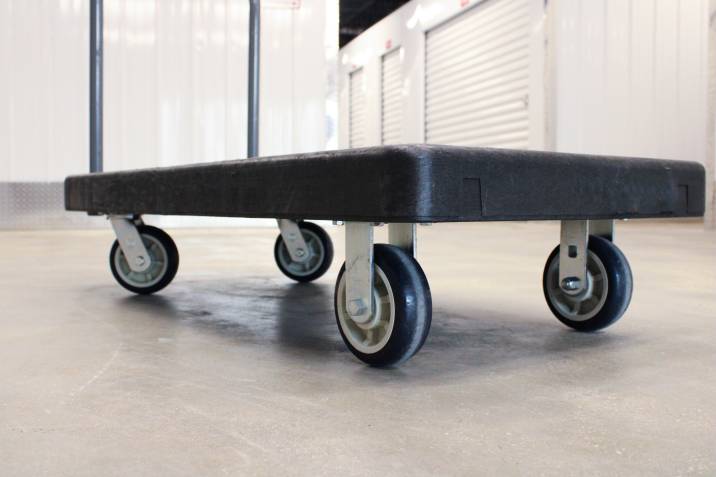
Use a moving dolly to move a freezer unit. Tilt the freezer to one side, put the dolly underneath, and centre the load onto the four-wheel platform. Secure the freezer with straps or rope underneath the dolly and over the appliance. Be cautious and plan each step carefully with your helper.
Step 3: Wheel it out
After securing the freezer on the dolly, it’s time to take it outside and load it onto the vehicle. Keep it upright throughout the entire move, as laying it on its side or back could cause refrigerant to leak inside the evaporative coils.
If you must, you can transport a freezer on its side, but do it for as little time as possible, and only on the compressor side of the unit. Wheel the loaded freezer towards the front door, balancing it with helpers. Note that furniture dollies are not suitable for stairs.
Step 4: Load it up
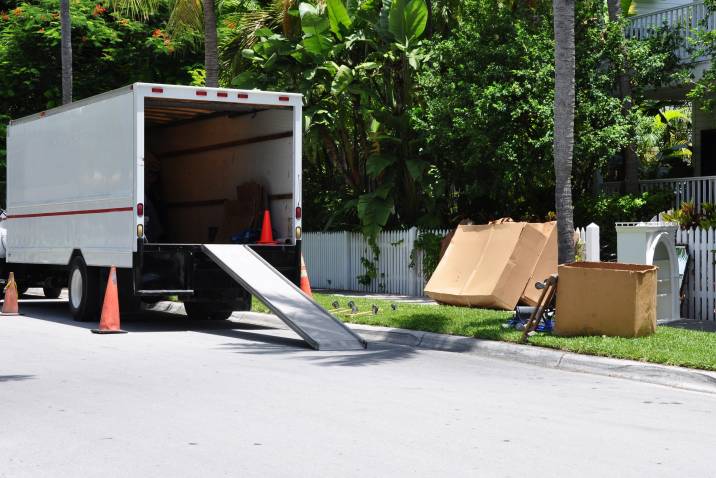
When it’s time to load the freezer into the moving truck, use the loading ramp and make sure to have enough people to help with the heavy lifting. To load a chest freezer, you pull it up the ramp while your helpers push from behind.
Remember to keep it upright to avoid damage to the cooling system. Once it’s inside, secure the freezer to the side of the moving vehicle using ratchet straps or rope.
☞ You might also like: 6 Moving and lifting safety tips you should know
Step 5: Set it down
Upon arrival at the new home, wheel the freezer to its final location and set it upright. If the freezer was transported upright the whole time, you could plug it in immediately. However, if it was on its side or back during transport, wait the same amount of time it was in that position before plugging it in.
How long does a freezer have to sit after moving? It’s best to wait 24 hours to be safe and allow the oil to get back to the compressor unit. Remember that plugging in the freezer too early can damage the refrigerating system.
Don’t freeze up during the move!
Learning how to move a deep freezer can be daunting, but by following the steps outlined in this guide, you’ll be able to move your chest freezer safely and easily.
But if you’re feeling unsure and anxious about the challenge ahead, it’s alright! Don’t let moving a freezer become a burden on your shoulders. Airtasker can connect you to experts who can let you enjoy a stress-free and safe moving experience.
Put up a task now and let the experts handle the heavy lifting for you to prevent damage so you can focus on other essential tasks for your house move. Your freezer (and your back!) will thank you for it!
Related articles
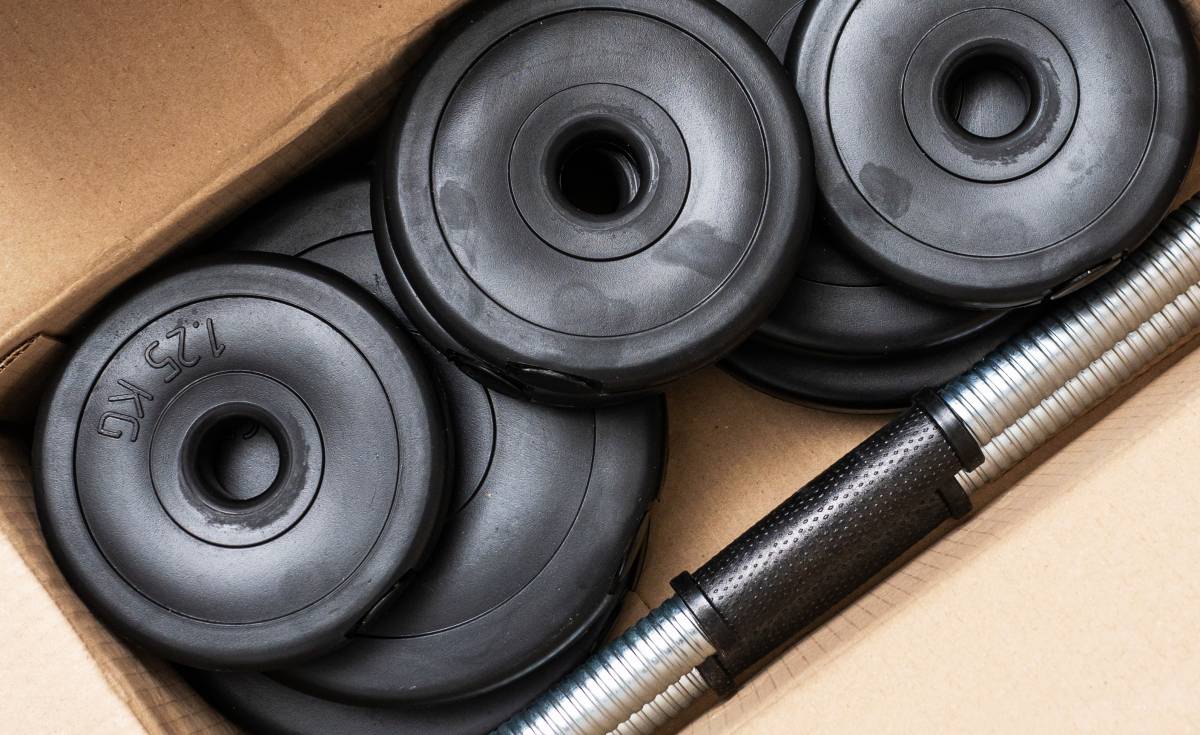
How to move gym equipment safely
Read more
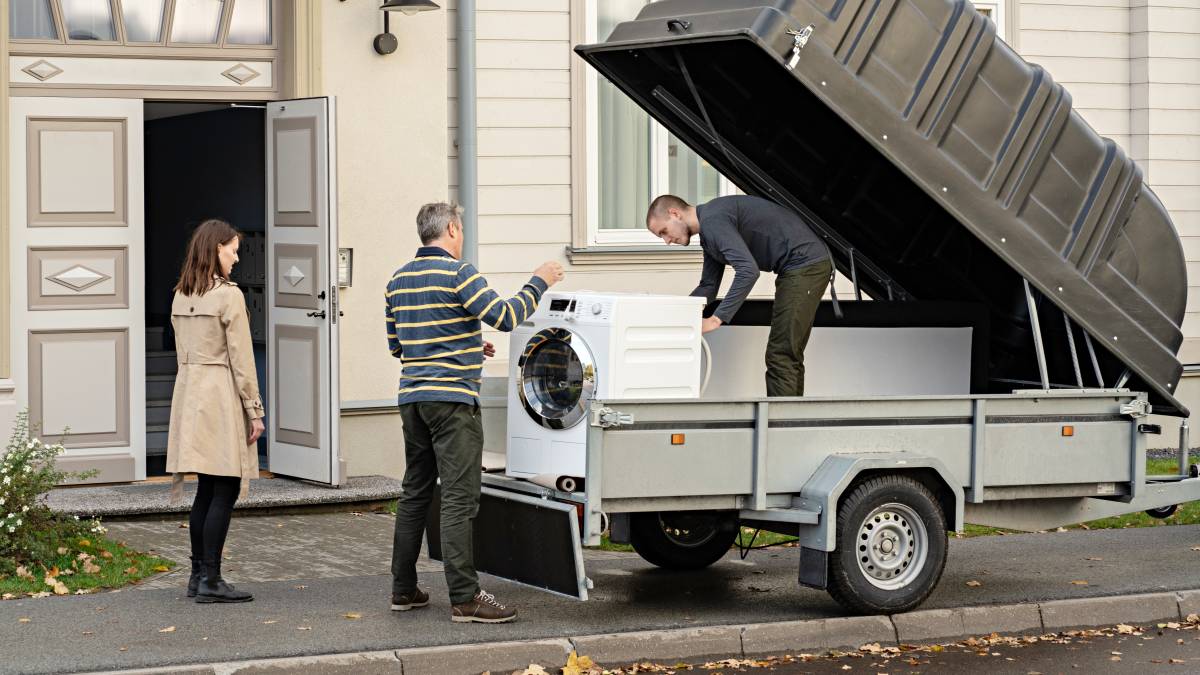
How to move a washing machine
Read more

How to move a pinball machine
Read more

How to wrap furniture for moving
Read more

What moving companies won’t move
Read more

A guide to becoming a removalist
Read more
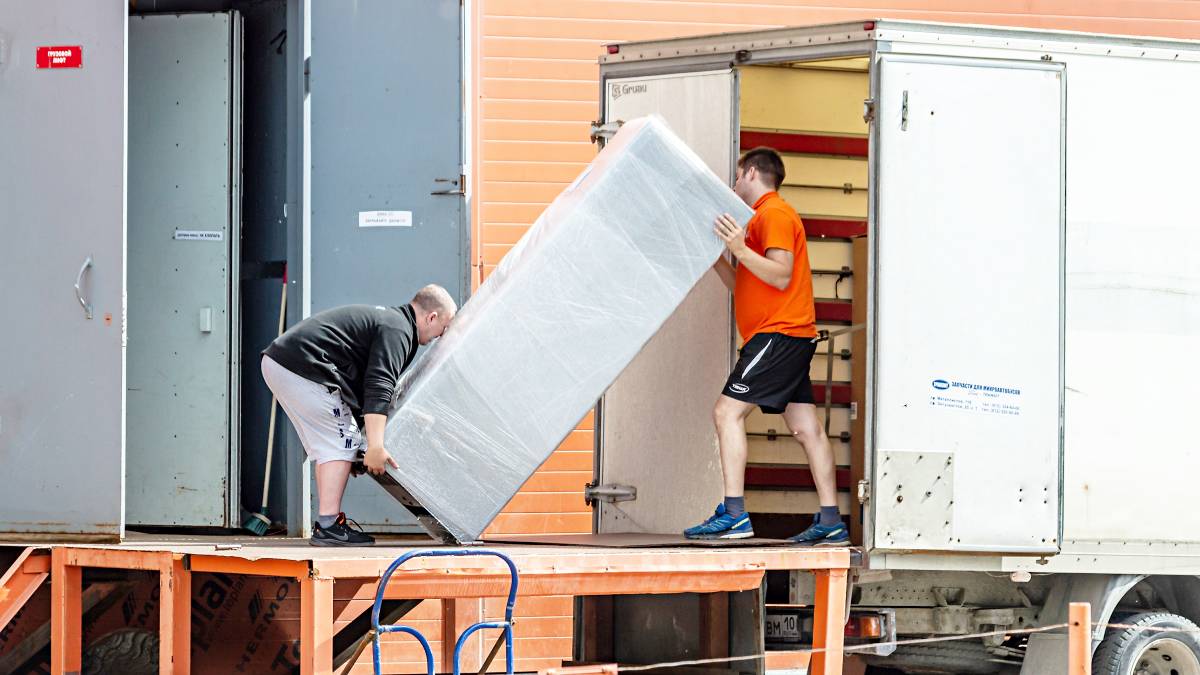
Moving a fridge: How to do it right
Read more

Tips for moving house with kids
Read more
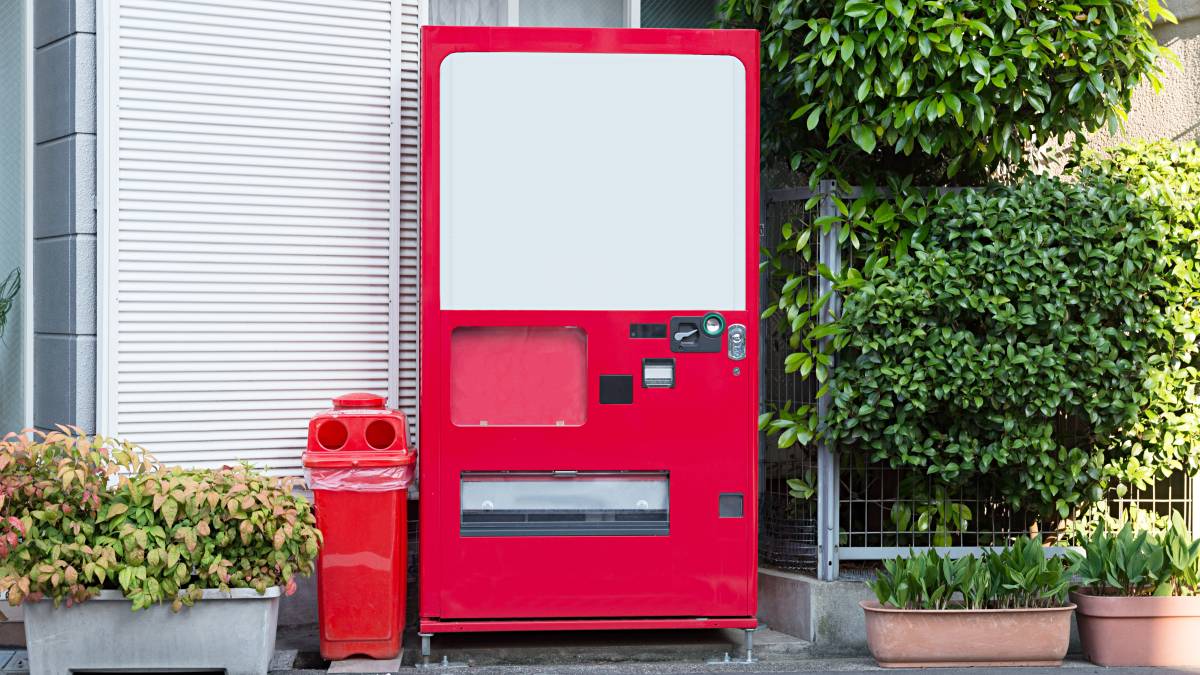
How to move a vending machine
Read more

How to pack mirrors for moving
Read more

How to pack artwork for moving
Read more
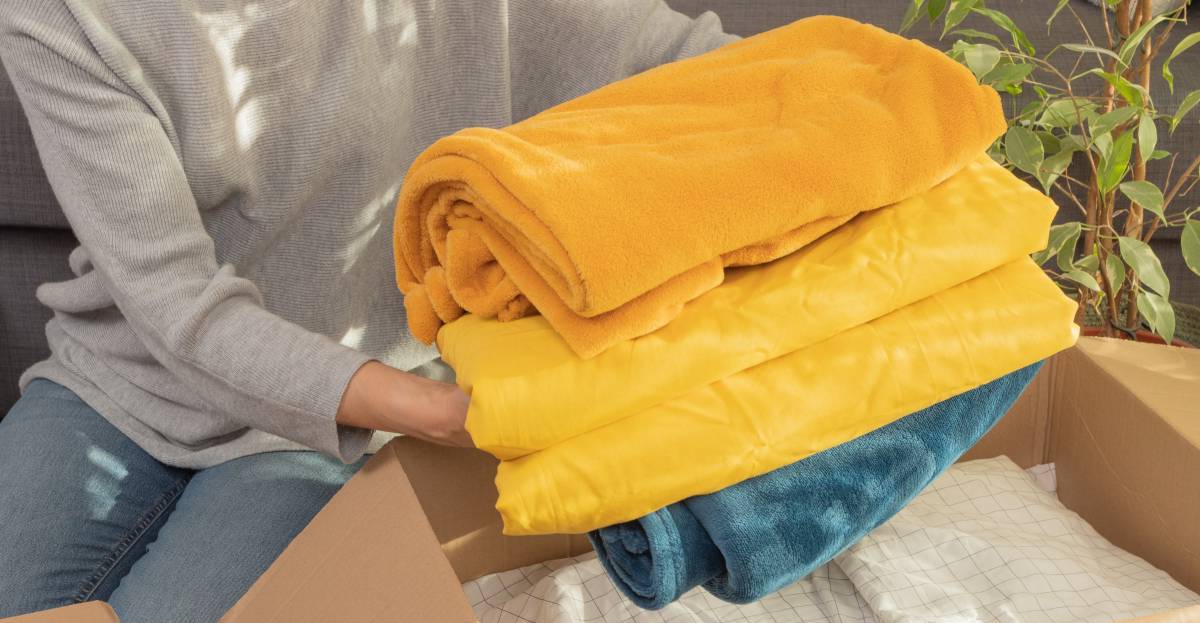
How to pack bedding for moving
Read more

How to move a pool table
Read more

How to pack kitchen items for moving
Read more

How to pack books for moving
Read more
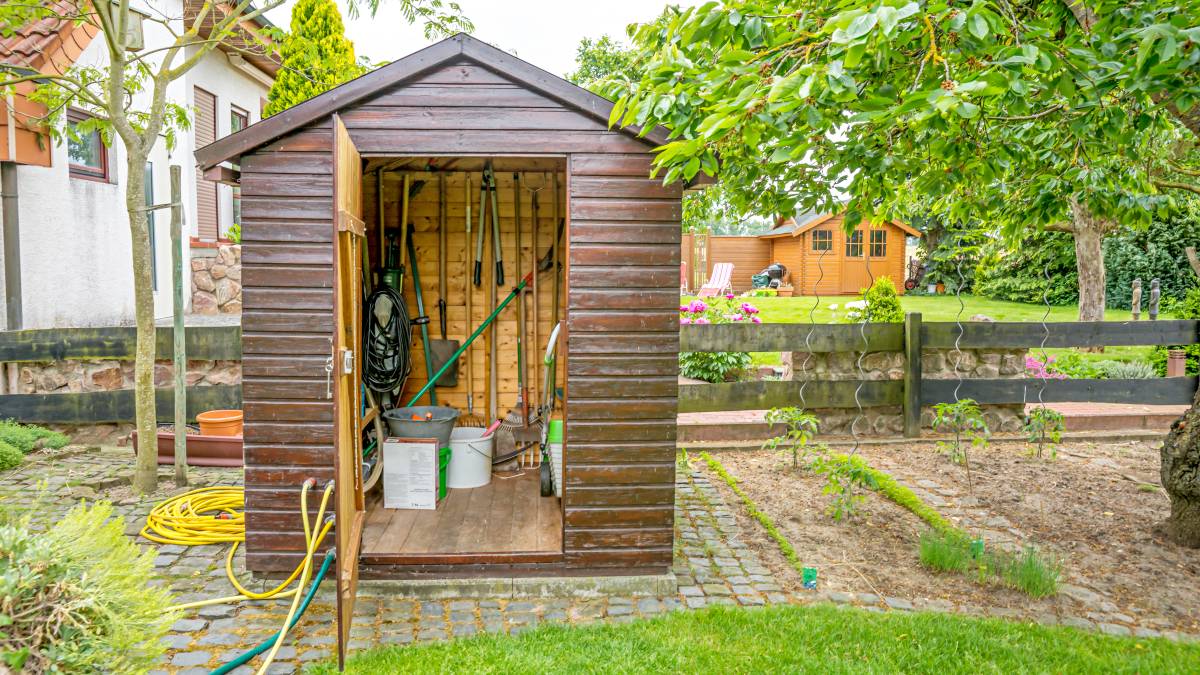
How to move a shed
Read more
Related price guides
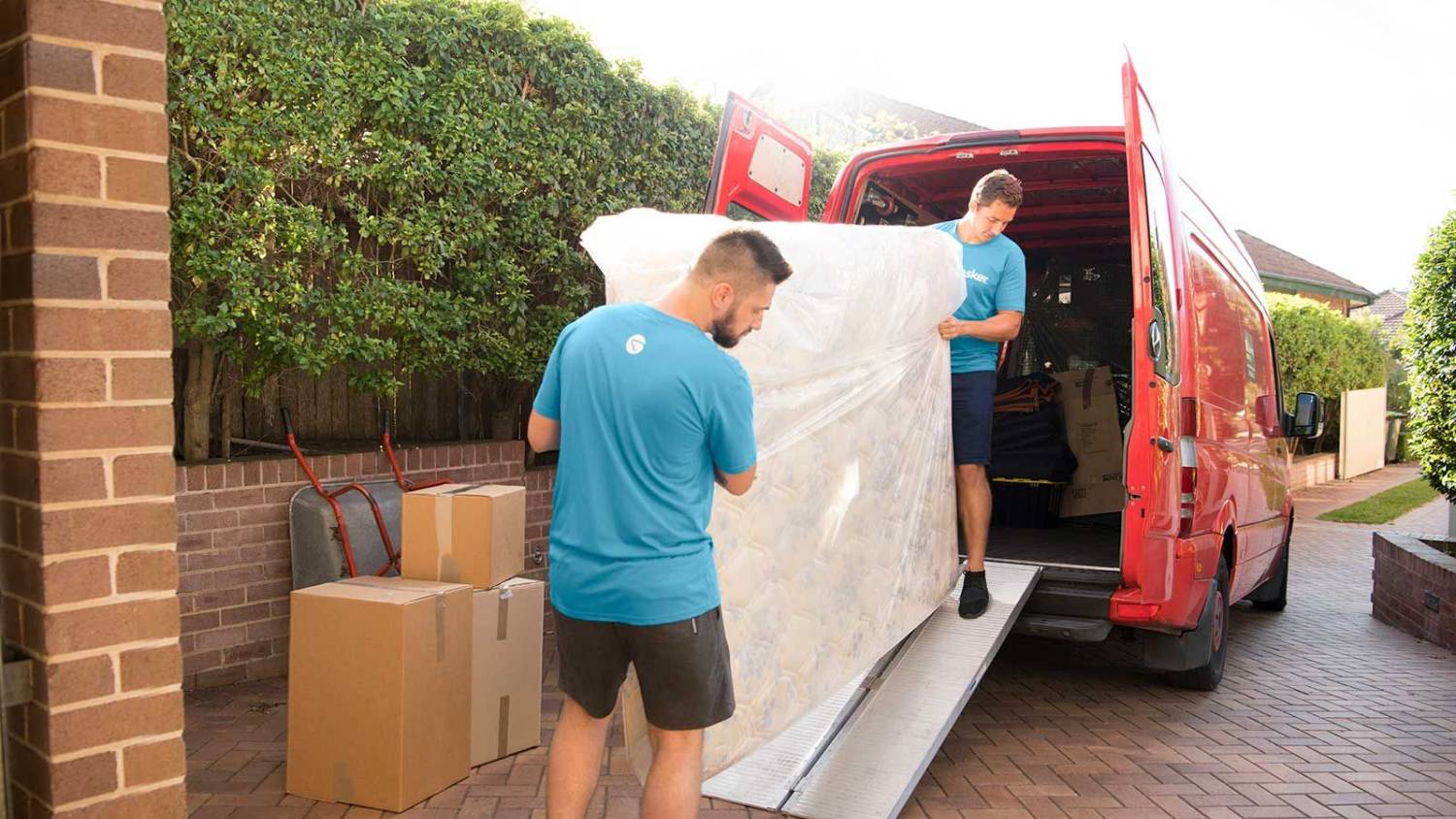
How much does it cost to move house?
Read more
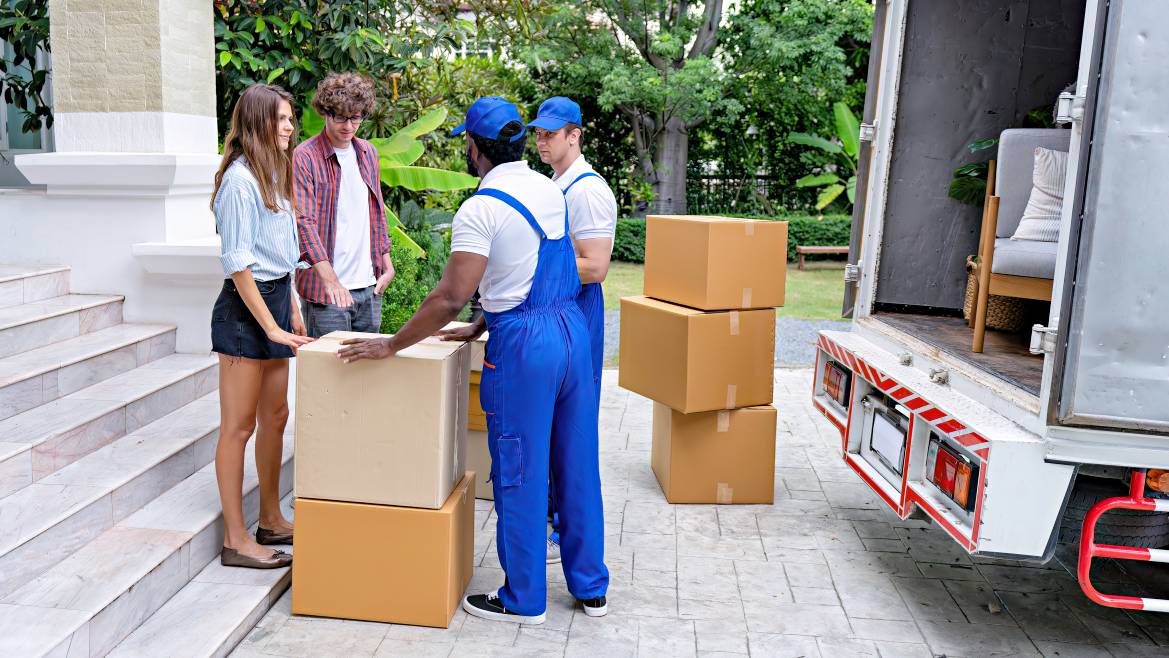
How much do removals cost?
Read more

How much does it cost to move house?
Read more

How much does piano moving cost?
Read more
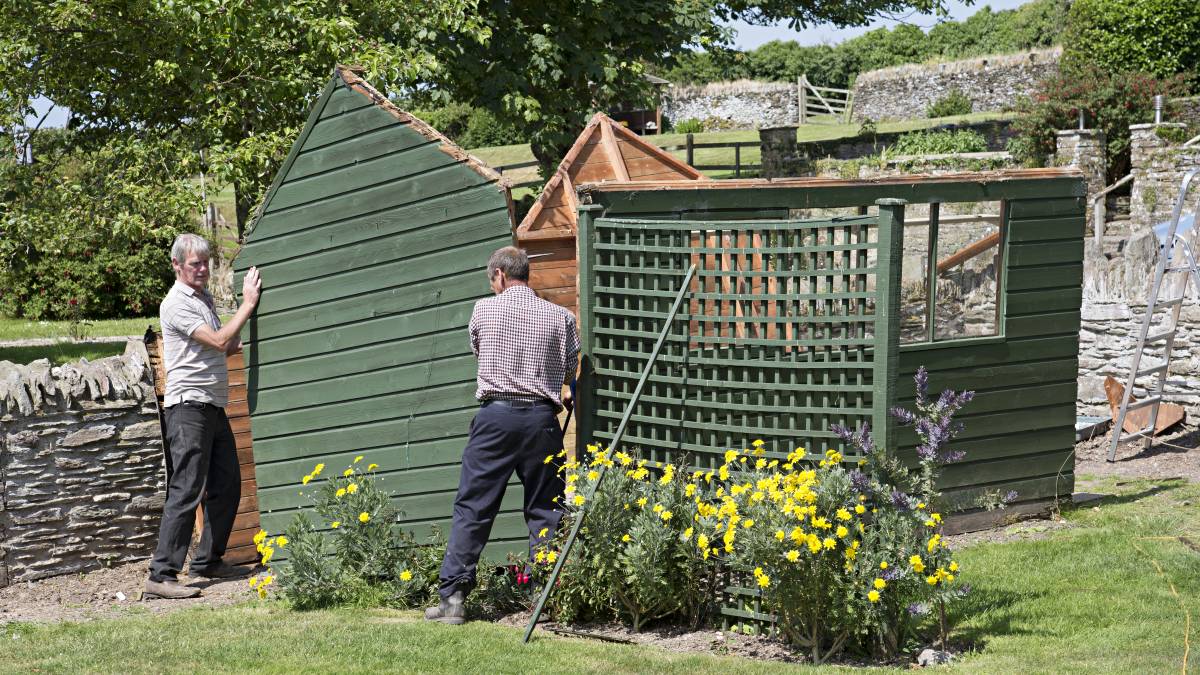
How much does shed removal cost?
Read more
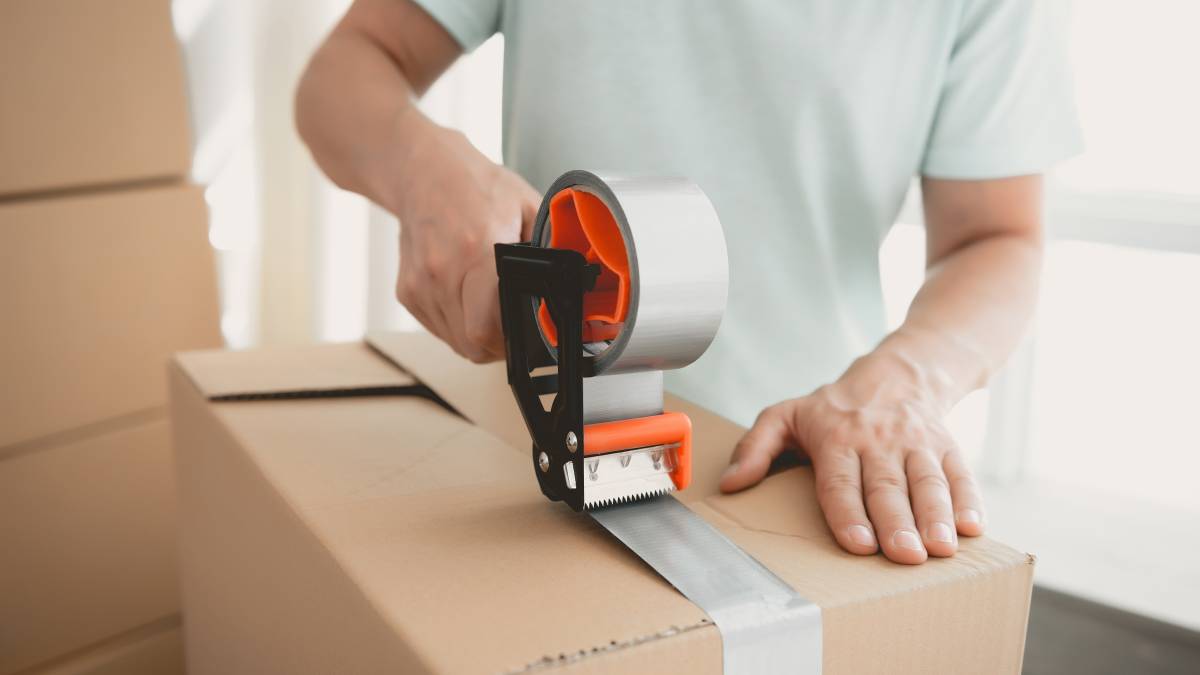
How much do packers cost?
Read more

